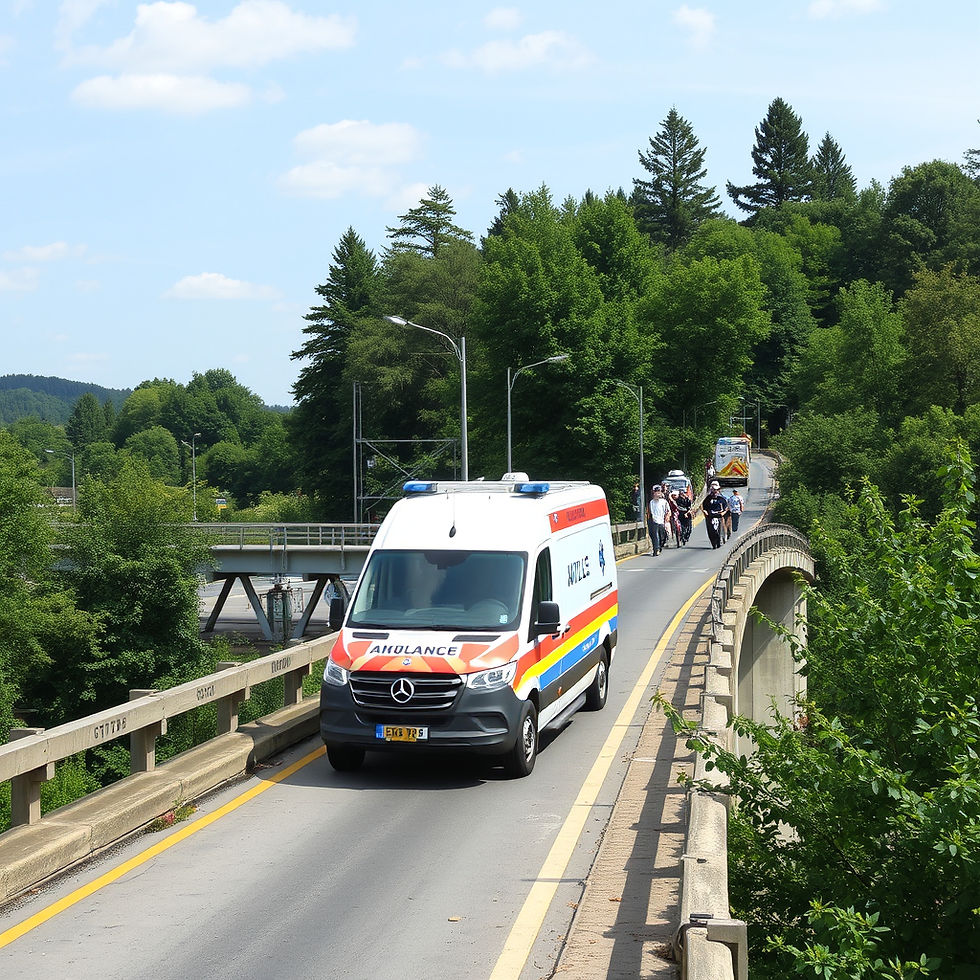Just Published: Paramedics as Policy Architects
- Jennifer Bolster
- Jun 14, 2025
- 2 min read
Read the article here: https://journals.sagepub.com/doi/full/10.1177/27536386251336008
This article (published in Paramedicine) explores a transformative shift in how the paramedic profession is viewed and what it can contribute, not just in clinical settings, but in the realm of health policy and strategy. With the introduction of a Policy and Strategy career pathway in the Canadian Career Framework for Paramedics, the authors argue that paramedics are no longer just responders to emergencies. They are emerging as credible, capable policy actors; professionals who witness firsthand the systemic cracks in healthcare and are now being recognized for their potential to shape structural change.

The piece positions paramedics as natural connectors in the healthcare system: they traverse the boundaries between acute care, public health, social services, and community need. Through roles like community paramedicine, mental health crisis response, harm reduction, and virtual care, paramedics already operate within the intersections of complex systems. But despite this, they remain underrepresented in formal policy roles. The article contends that if paramedics are to move from implementing policy to architecting it, they need dedicated education, mentorship, and integration into high-level decision-making structures.
International trends support this shift. The UK, for example, has expanded paramedic roles to include independent prescribing. Canada has integrated paramedics into virtual emergency care and harm reduction programs. Still, these advancements are largely programmatic—true policy influence requires representation in governance structures, advisory committees, and leadership roles like Chief Paramedic Officers.
The authors emphasize that this is a professionalization opportunity, but it must be inclusive, collaborative, and grounded in systems thinking. Paramedics bring valuable, underutilized perspectives shaped by on-the-ground realities, particularly when caring for marginalized populations and those affected by toxic drug policy. By developing a strong policy identity, investing in a policy-educated paramedic workforce, and advocating for structural reform, the profession can become a force for upstream change; helping to design a more equitable, responsive, and sustainable healthcare system.
The article is both a reflection on what’s already shifting and a call to action: to build the academic, strategic, and leadership infrastructure necessary to support paramedics as legitimate and lasting contributors to health system reform.




Comments